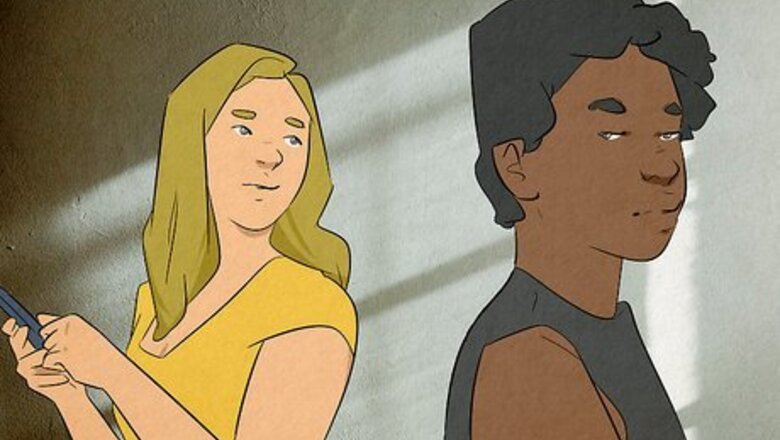
views
- Complicated relationships often lack communication and boundaries, making it difficult to grasp the future of the partnership.
- You might be in a complicated relationship if you and/or your partner struggle to commit or share your feelings.
- Handle a complicated relationship by figuring out the issues you and your partner are facing and communicating clearly to resolve them.
What is a complicated relationship?
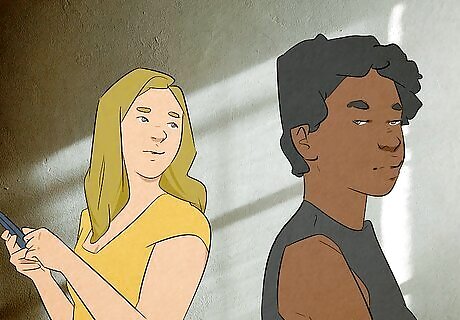
A complicated relationship is a romantic partnership that lacks communication. More often than not, complicated relationships occur when partners have different expectations or boundaries. While having a difference of opinion is normal in any relationship, those in complicated relationships don’t communicate their wants and needs with each other. This can lead to disagreements and miscommunications. Complicated relationships are typically one-sided, meaning that one companion is “all in,” while the other is looking for something outside of the relationship.
Signs of a Complicated Relationship

Miscommunication It can be difficult to communicate openly and honestly in a complicated relationship. You might struggle to express yourself and speak your truth with your partner if your relationship is complicated.

Lack of boundaries Your relationship is likely complicated if there are no set boundaries between you and your partner. This can look like not knowing how to define the relationship (friends with benefits, boyfriend/girlfriend, etc.) or if your relationship is open or not.
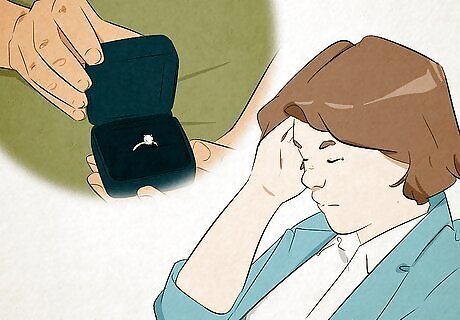
Struggling to commit You may be in a complicated relationship if you or your partner have a hard time being faithful. You might not be sure what terms the relationship is on, which can cause you to question whether or not you can be intimate with others.

Trouble being yourself If you struggle to show your true self to your partner, it may be because you’re in a complicated relationship. You might suppress your thoughts and emotions because you’re unsure what they mean to you.
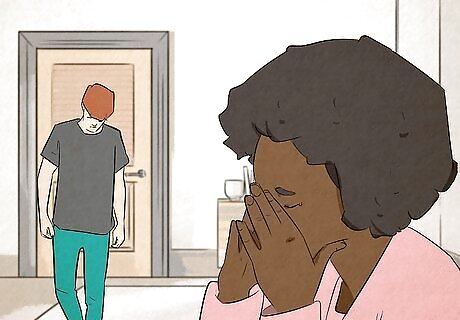
Feeling unhappy More often than not, if you’re in a complicated relationship, you’ll feel suppressed or depressed. Despite being with someone, you might feel uncharacteristically sad, uncomfortable, and/or lonely.
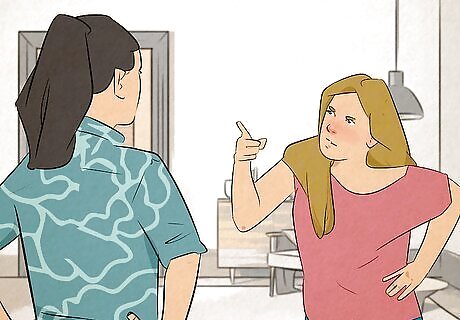
Constant fighting You’ll likely argue more with a partner because of miscommunications in a complicated relationship. Because there’s a lack of communication, there are probably more unresolved issues and buttons being pushed.
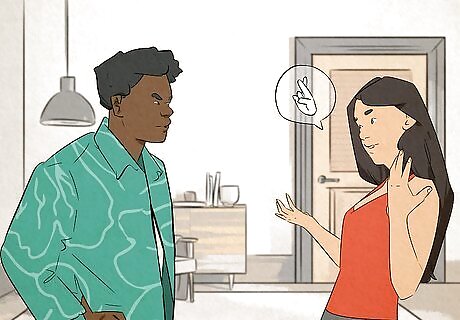
Dishonesty It may be easier to lie or suppress the truth in an unhealthy or complicated relationship. You might struggle to respect your partner, or they might struggle to respect you.
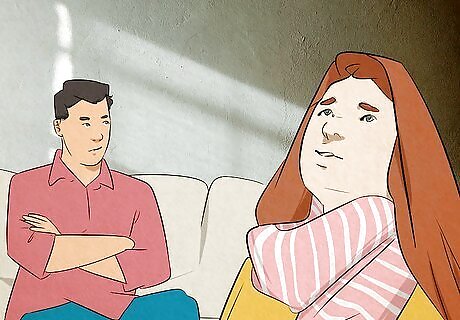
Uncertainty about the future You’ll rarely discuss the future in a complicated relationship. There's uncertainty about whether or not the relationship is long-term, so you and your partner might push aside conversations about the future altogether.

Clashing values If you’re in a complicated relationship, it may be hard to see eye-to-eye with your partner. You may struggle to share your opinions, or when they are revealed, discover that your beliefs are vastly different from your partner’s.
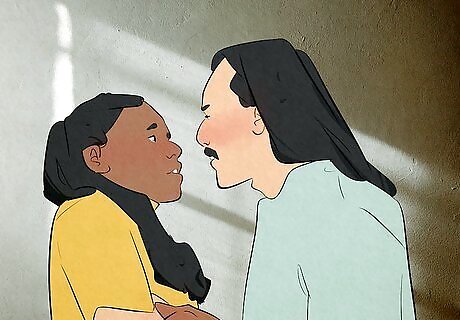
Verbal, emotional, or physical abuse Abuse can be more likely in complicated relationships when compared to healthy, steady partnerships. While this isn’t always the case, you may be abused or treated toxically by a partner if your relationship is complicated or unhealthy. Confide in someone you trust and/or a licensed professional if you’re in a toxic relationship and make a plan to end things with your partner.
Are you in a complicated relationship?
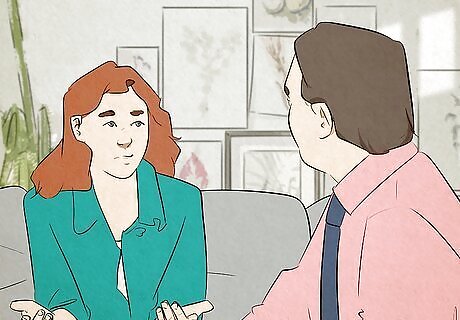
You’re likely in a complicated relationship if you can’t define the partnership. Let’s say someone asks you, “Are you in a relationship?” or “Are you seeing anyone?” What’s your immediate response? If you're not sure how to answer, you’re probably in a complicated relationship.
How to Manage a Complicated Relationship

Identify the problem. The first step to managing a complicated relationship is recognizing you’re in one. Ask yourself, “What makes my relationship complicated?” This may require a bit of soul-searching and self-analysis—don’t be afraid to dig deep into your values and beliefs.
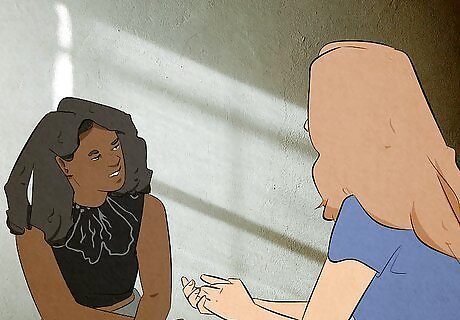
Find a way to communicate. Complicated relationships are often caused by a lack of communication, so reverse the effects by opening up to your partner. After all, the key to a healthy relationship is communication. Sit down together and determine the best way to communicate with one another. Maybe you go out to dinner at the end of each week or text each other thoughts and feelings as they come up throughout the day. Use “I” statements when expressing your wants and needs in a relationship. For instance, instead of saying, “You never listen to me,” try, “I feel like I’m not being heard.” Keep in mind that communication is a two-way street. Remember to listen actively to your partner as well.

Take a break from the relationship if needed. Sometimes, taking some alone time is what’s best. If you’re unsure what you want in the relationship, take a break. Use the time to reflect on what you want and need from a partner moving forward. Focus on your needs. Meditation and journaling can be helpful self-reflecting tools during this time.
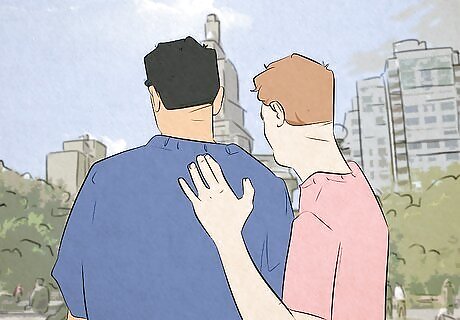
Ease back into relationships when you’re ready. If you took a break from the relationship, avoid rushing back into the dating field. Take your time—those who truly care about you will give you the space you need. When the time feels right, try shooting your shot again, making sure to openly communicate from the start. Seek additional support. Reach out to a licensed counselor or therapist if you’re not sure what step to take next. Talking to someone one-on-one or as a couple can help you find a new perspective, identify issues, and establish a plan moving forward.
What causes a complicated relationship?

Lack of communication The leading cause of a complicated relationship is little to no communication. If you don’t talk to your partner about your wants and needs, how do you know they reciprocate or understand them? Share your expectations of the relationship with your partner right away to ensure you’re both on the same page. For instance, is this partnership a one-night thing, or are you hoping for a long-term relationship?
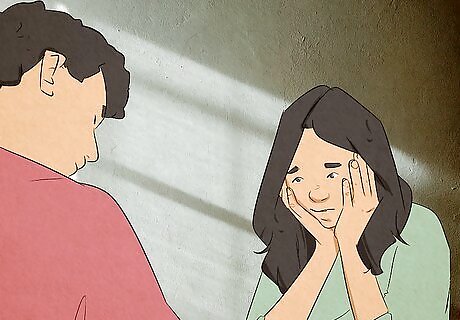
Suppressed emotions More often than not, complicated relationships are caused by an unwillingness to share emotions. Maybe you were recently in a toxic relationship and are scared of opening up to someone again. While this is a perfectly normal reaction, it can lead to a complicated relationship. Vocalize your thoughts and feelings with your partner to avoid complications. For example, let them know if something they’ve said is triggering or if you think the relationship isn’t moving in the direction you’d like.
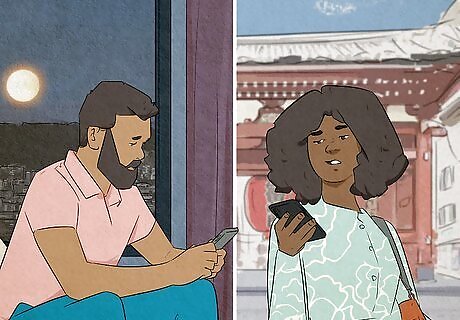
Long-distance Long-distance relationships could be the cause of complications in a relationship. As licensed clinical psychologist Chloe Carmichael emphasizes, “Being long distance, obviously, brings complications.” If a couple in a long-distance relationship doesn’t communicate, they can lose their spark and/or run into complications caused by miscommunications. If you’re in a long-distance relationship, establish a communication schedule with your partner to keep the spark alive. Send each other “good morning” and “good night” messages, and schedule video or phone calls into your routines.
What does “it’s complicated” mean in a relationship?

In relationships, “it’s complicated” is a sign of uncertainty. More often than not, when someone says their relationship is “complicated,” they’re trying to deflect the conversation. They likely don’t want to get into the nitty-gritty of their dynamic with their partner. There are likely larger circumstances affecting the relationship. Maybe they’re unhappy with the partnership or simply don’t know how to define the relationship. “It’s complicated” doesn’t necessarily mean someone’s single or taken. They’re likely seeing someone, but the relationship may not be exclusive or committed.













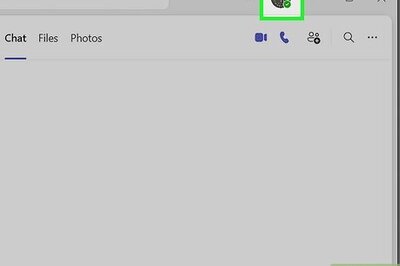



Comments
0 comment